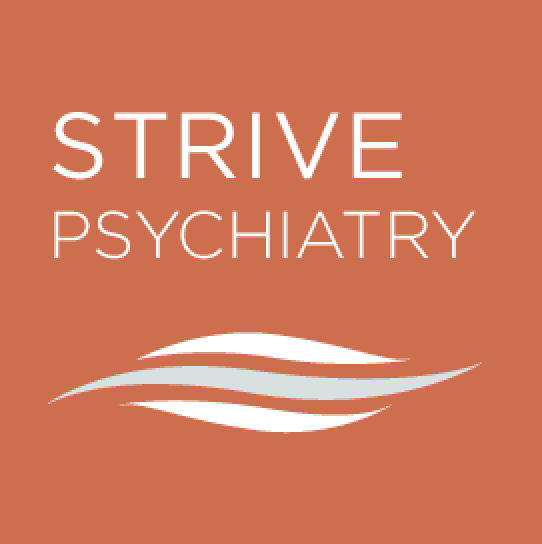It is normal to forget things from time to time, but when forgetfulness hinders daily life, memory problems and dementia may be to blame. It is important to note that dementia is a syndrome – a group of symptoms that present themselves together – and not an actual disease. “Dementia” could refer to Alzheimer’s Disease, Vascular Dementia, Early-Onset Dementia, or Dementia with Lewie Bodies (DLB.) The first symptom associated with dementia is memory loss, but it also affects language, movement, independence, and mood. Generally, memory problems begin later in life, but there are cases of cognitive impairments in earlier stages as well.
Memory Problems and Dementia
What memory problems are there?
What are the common symptoms?
It is important to remember that dementia symptoms are complex. Symptoms are measured based on the severity of the decline from normal functioning. These include:
- Memory loss or trouble remembering
- Having sudden and random stops in thought, movement, or voice
- Visual hallucinations
- Inability to complete tasks
- Withdrawn nature
- Poor motor function
- Impaired judgment
- Trouble sleeping or sleeping too much
- Decreased ability to solve problems or make judgments
Memory loss and Dementia Statistics*
Around the world, an estimated 47 million people are affected by Alzheimer’s Disease, making it the most common form of dementia.
Approximately 30%-40% of all dementia cases have a vascular component in conjunction with another factor such as Alzheimer’s Disease.
Roughly 12% of people who have experienced a stroke exhibit dementia symptoms afterward.
*Statistics taken from pubmed.gov via uptodate.com
Treatment Options
Memory problems and dementia have no cure at this time, most treatments help to slow or stabilize the decrease in memory recall.
Related Conditions: Phobias, Psychosis, Depression
